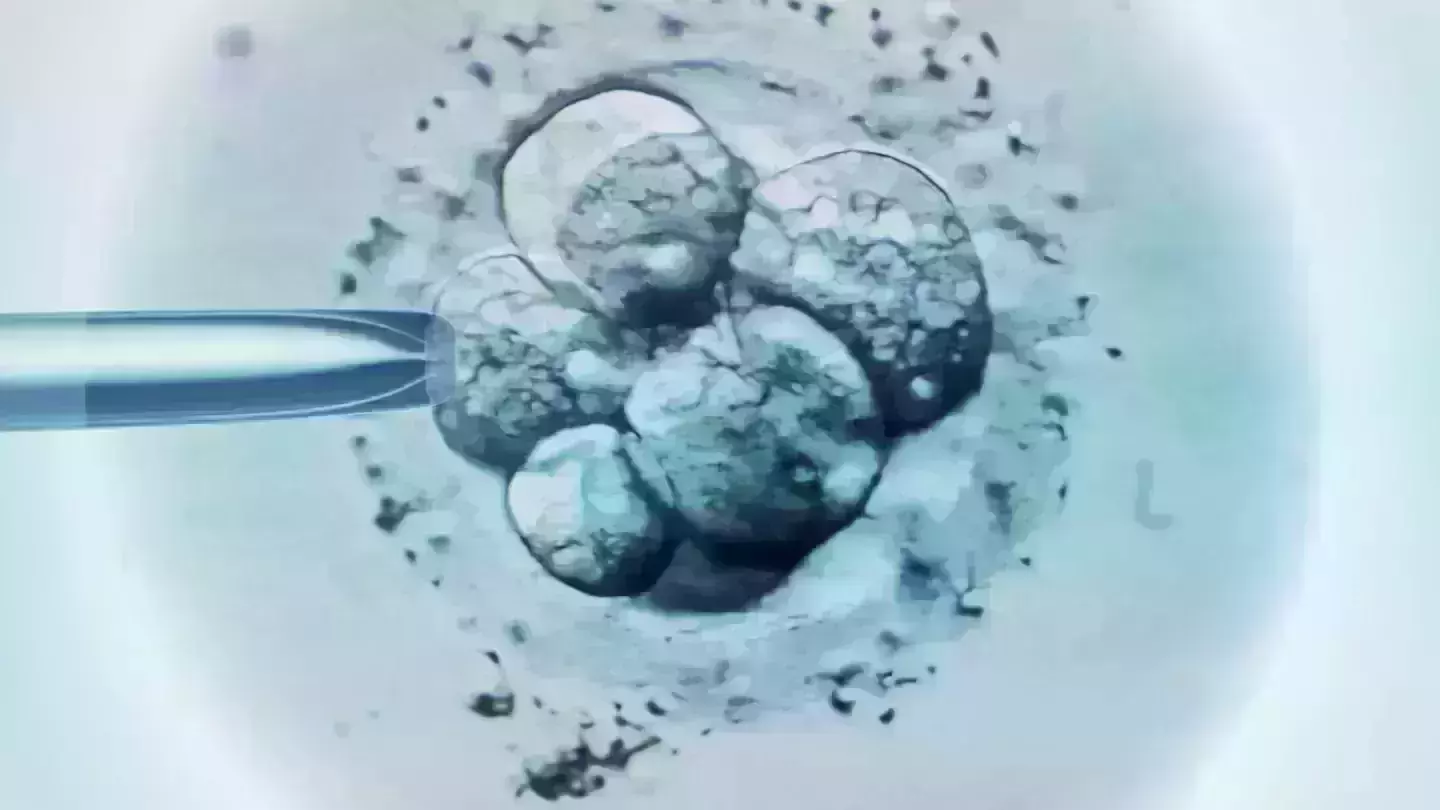
Scientists create first ever synthetic embryo, Calls for ethical concerns
text_fieldsA team of Israeli scientists has created a mouse embryo using stem cells. This is the first ever synthetic embryo in the world and basic aspects like sperm and egg did not play a role in its creation. The artificial mouse embryo lived inside a bioreactor in the lab for eight days, which is halfway through the animal's gestation period.
The new experiment drew attention to its ethical aspects. Researchers have been making headway in turning stem cells into human organs like artificial kidneys, brains, and hearts with the goal of medical use. However, these are far from being put to use. Many cases challenging such experiments and projects are pending in courts, reported The Conversation.
Experts claim that these projects will, at one point, make childbirth safer. In 2021, the same research team created an artificial womb to grow natural mouse embryos. The lab-created womb was a rotating device filled with glass bottles of nutrients. Its movement mimicked how blood and nutrients flow to the placenta. The system also replicated the atmospheric pressure of a mouse uterus.
The team says the project will give all women a choice of whether to carry their child in their own womb or use an external uterus. This technology will also help in treating premature babies. Over 300,000 women across the world die in childbirth every year due to pregnancy complications.
Other researchers argue that artificial wombs will threaten a woman's legal right to terminate a pregnancy.
Scientists are also working on creating synthetic embryos from induced pluripotent stem cells (IPS) which will make it possible to develop organs from even skin cells. Consent is a major ethical issue in such cases because embryos created via this process will be a clone of the donor. Human cloning has been a complicated area for the past 25 years.























